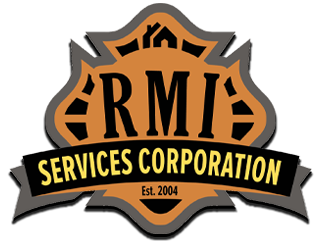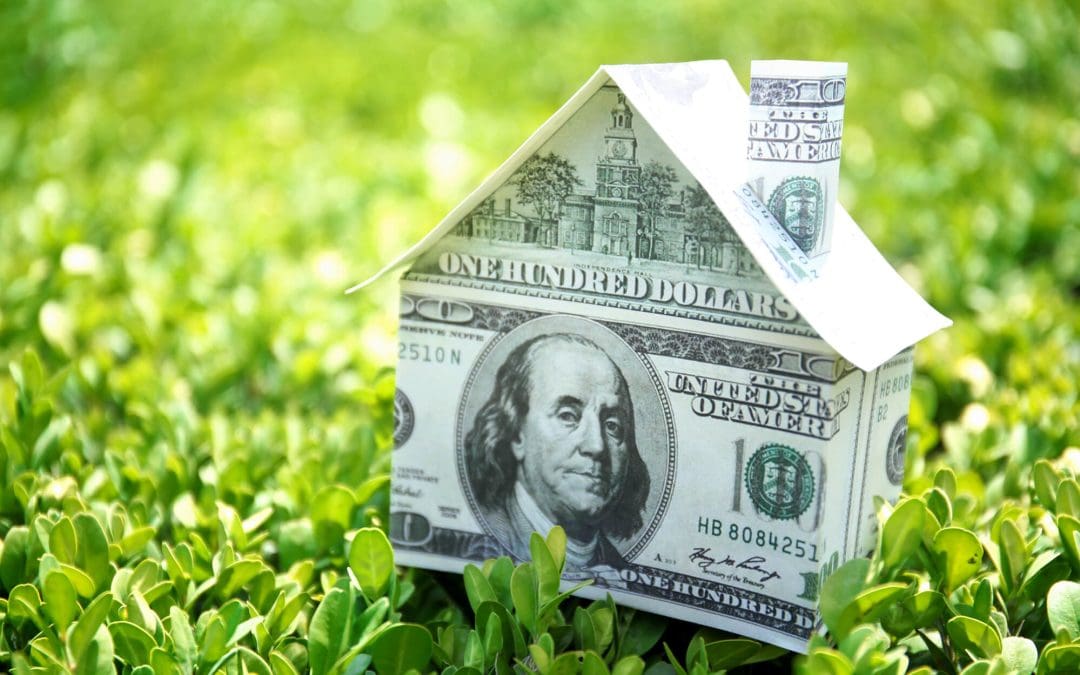When it comes to enhancing your home, many homeowners are eager to dive into improvement projects to increase property value. However, not every upgrade or renovation will result in a return on investment. Some projects may seem worthwhile but don’t add significant value to your home. Understanding which projects fall into this category can help you make more informed decisions about where to allocate your time and resources. Here are seven of the most common home improvement projects that don’t add value.
Overly Personalized Decor
One of the primary culprits of wasted investment in home improvement is overly personalized decor. While custom features and niche styles may cater to your tastes, they often don’t resonate with future buyers. For example, installing a bright, custom-painted mural in a living room might be a fun project, but it could make the space less appealing to others with different tastes. Home buyers generally prefer neutral, versatile spaces that they can easily personalize.
Luxury Home Improvement Projects in Mid-Range Homes
Investing in high-end luxury upgrades, such as a top-of-the-line kitchen appliance suite or a lavish home theater, might not yield a proportional increase in home value, especially if your home is in a mid-range neighborhood. These high-cost features might exceed the value of your property, meaning you won’t see a significant return on that investment. Instead, more modest, budget-friendly upgrades often offer better value and appeal.
Expensive Landscaping
While curb appeal is important, investing heavily in extravagant landscaping may not always pay off. Features like intricate water fountains, extensive stonework, and elaborate garden designs are expensive and may not add equivalent value to your home. Potential buyers might appreciate well-maintained, simple landscaping, but they might not see the value in a highly customized garden setup.
Converting Rooms Unnecessarily
Converting spaces, such as turning a bedroom into a home office or a garage into a gym, might seem practical, but these changes can sometimes reduce a home’s value if they don’t align with future buyers’ needs. A bedroom is typically a key feature that many buyers look for, and converting it to a less universally desired space could limit the appeal of your home.
Home Improvement Projects with High-Tech Gadgets
Integrating advanced technology into your home, such as smart home systems, can be impressive but may not always add significant value. While these gadgets offer convenience and modern appeal, they can quickly become outdated as technology evolves. Additionally, not all buyers may prioritize or appreciate these high-tech features, leading to a minimal return on your investment.
High-End Bathroom Fixtures
Installing high-end fixtures and finishes in your bathroom, such as luxury sinks or designer faucets, might not provide a substantial return. While these upgrades can enhance the space and offer a touch of elegance, their impact on overall home value is often limited. Simple, functional, and well-maintained bathrooms are generally more appealing to buyers.
Overbuilding for the Neighborhood
One common mistake homeowners make is overbuilding in comparison to their neighborhood. Adding a significant addition, such as a large primary suite or an elaborate outdoor living area, can be costly and might not align with the existing home values in your area. When you overbuild, potential buyers might not fully appreciate the improvements, and you may not recoup the full cost of these upgrades.
Before embarking on a home improvement project, consider whether the investment will add value to your property. While personal enjoyment is a valid reason for making upgrades, focusing on improvements that align with market trends and buyer preferences will help ensure your investment is worthwhile. Opt for projects that enhance functionality, maintain appeal, and balance cost and potential return.
FAQs for Home Improvement Projects
How can I determine which home improvements will add value?
Research local real estate trends and consult a real estate professional to understand which improvements are most valued in your area. Focus on updates that enhance functionality, maintain appeal, and align with buyer preferences.
Are there any low-cost improvements that can increase home value?
Yes, projects such as painting, updating hardware, and improving landscaping can be cost-effective ways to enhance your home’s value. Minor cosmetic updates can make a big difference without requiring a large investment.
How can I avoid overbuilding for my neighborhood?
To avoid overbuilding, compare your planned improvements with the features and values of homes in your neighborhood. Make sure your upgrades align with the overall market and are proportionate to your property’s value.
Are there any home improvements that always add value?
While not all improvements guarantee a return, some consistently offer good value. Upgrades like kitchen remodels, bathroom renovations, and adding energy-efficient features are often seen as worthwhile investments. Basic maintenance tasks like roof repairs and new windows generally contribute positively to a home’s value. Ensuring your home is in good repair and maintaining essential systems is critical to retaining and increasing property value.
RMI Inspection Services offers professional home inspection services, including air quality testing and mold removal services, in South Florida. Contact us to request an appointment.

